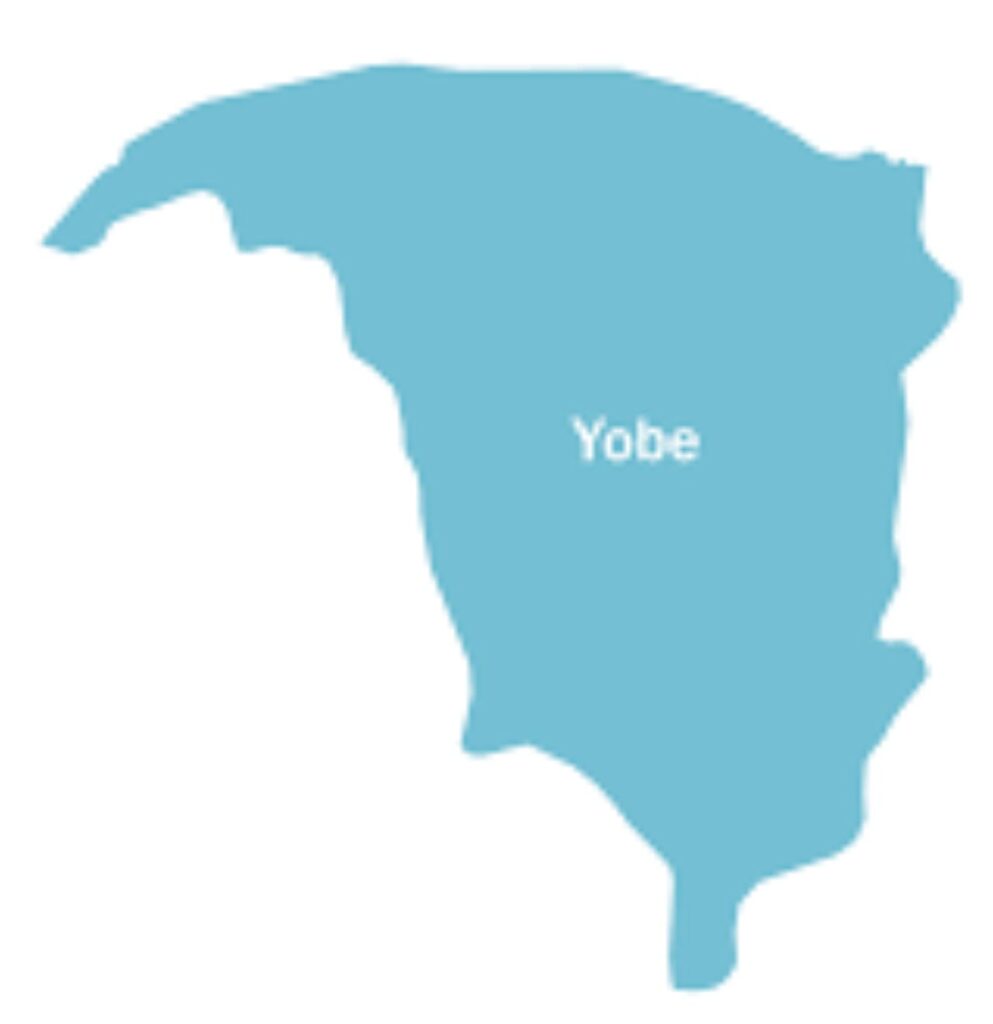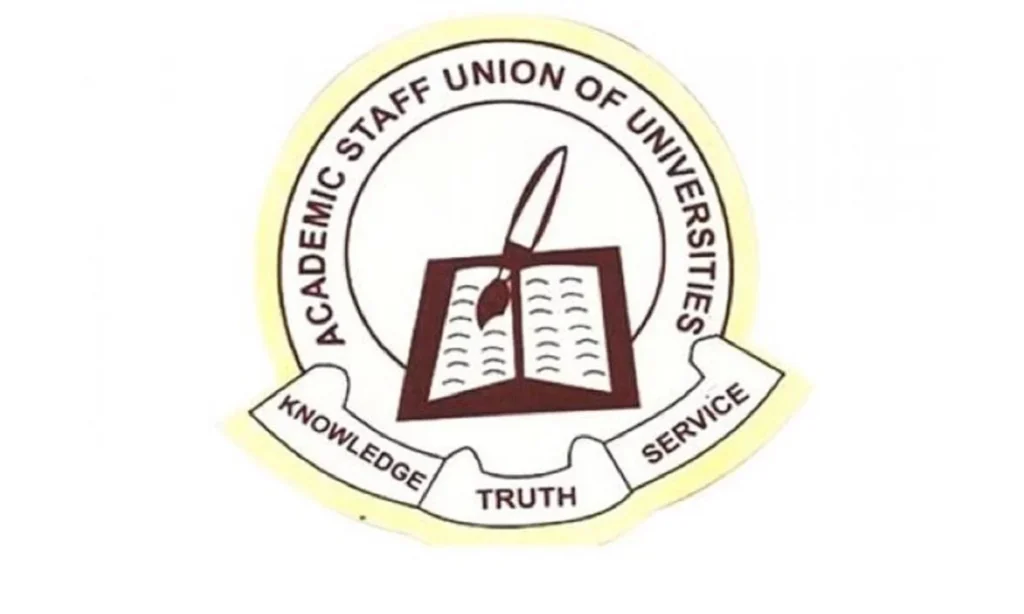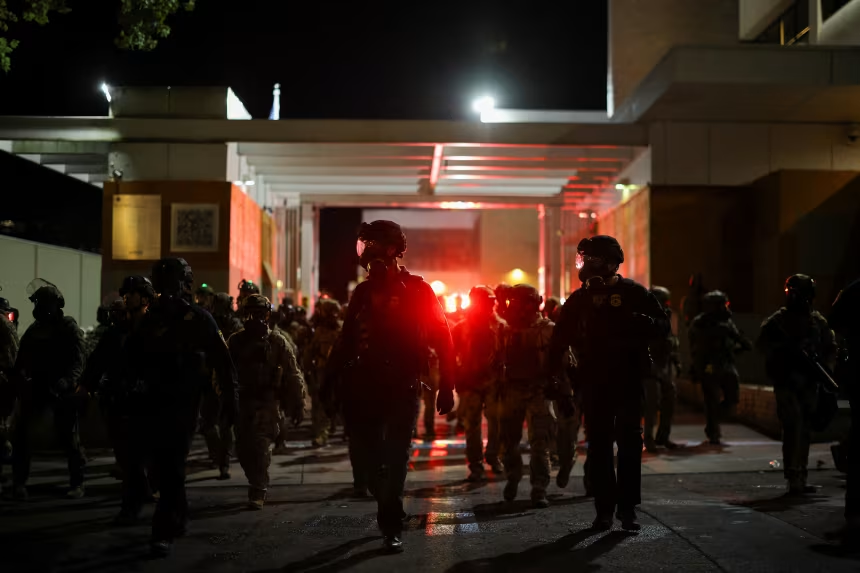Now Reading: Nigeria’s New Admission Policy Sparks Uproar as Lecturers Warn Against Dropping Mathematics Requirement
-
01
Nigeria’s New Admission Policy Sparks Uproar as Lecturers Warn Against Dropping Mathematics Requirement
Nigeria’s New Admission Policy Sparks Uproar as Lecturers Warn Against Dropping Mathematics Requirement

Nigeria’s new admission policy removing Mathematics as a mandatory subject for students in the arts and humanities has ignited sharp debate among academics, educators, and students across the country.
For decades, a credit in English and Mathematics has been the gateway to tertiary education in Nigeria. But in a new directive, the Federal Ministry of Education announced that senior secondary school students in the arts and humanities will no longer be required to present a Mathematics credit in their Senior School Certificate Examination (SSCE) to gain admission into universities.
The ministry, through its spokesperson Folasade Boriowo, said the reform aims to make tertiary education more inclusive. However, university lecturers have warned that the policy could weaken academic standards and discourage critical thinking among students.
Dr. Ashir Tukur Inuwa, a lecturer in the Department of Mass Communication at Bayero University, Kano, described the government’s decision as a “serious mistake.”
He argued that removing Mathematics from admission requirements would worsen students’ existing “math phobia” and promote complacency.
“Once students know they don’t need Mathematics for admission, they won’t take it seriously,” he said. “The truth is, Mathematics isn’t as difficult as they think. It only requires confidence and good teaching.”
Inuwa maintained that Mathematics remains a vital life skill and should remain compulsory across all disciplines.
“Mathematics is essential whether you’re in science or the arts. It’s part of logical thinking and everyday problem-solving,” he added.
At Ahmadu Bello University (ABU), Zaria, lecturer Mr. Ibrahim Shittu warned that the decision could have long-term consequences for arts students who will later face real-world challenges requiring numeracy skills.
“After graduation, many of them will end up in jobs that demand some level of computational competence,” Shittu said. “By then, they’ll realise they were shortchanged by not being encouraged to learn Mathematics.”
He also noted that the policy could create inconsistencies for courses like Economics, which attract many arts students but require a solid understanding of mathematical concepts.
“Students should be careful not to see this as a shortcut,” he cautioned. “Not all policies that seem to favour you are actually good for your future.”
Dr. Kabiru Danladi Lawanti, a senior lecturer at ABU’s Department of Mass Communication, described the reform as “an intellectual tragedy.”
Recalling his early school days, Lawanti said he once enjoyed Mathematics because his teacher made it engaging and relatable — but poor teaching methods later turned it into a source of fear.
“This policy reminds me of that shift — from curiosity to avoidance,” he said. “By removing Mathematics, we are not helping students. We are eroding their ability to think critically.”
He explained that Mathematics is more than arithmetic — it is the “grammar of reasoning” and “architecture of problem-solving.”
“When we take Mathematics away from the arts and humanities, we don’t make life easier for students; we make their minds weaker,” he warned.
Lawanti compared the move to “treating a headache by cutting off the head,” arguing that the government should focus on reforming how Mathematics is taught, not removing it entirely.
“Teach Mathematics as perspective, not punishment,” he said. “The problem isn’t that arts students don’t need it; it’s that they’ve never been shown why they do.”
He added that clear reasoning and logical thinking — which Mathematics fosters — are essential not only for learning but also for good governance and civic responsib
While academics express concern, many students have celebrated the policy.
Aliu Ibrahim, an arts student, said Mathematics is unnecessary in his field.
“How do we apply Maths in our field? Basic counting knowledge is enough. The rest is a waste of time,” he said.
The debate continues to divide opinion across Nigeria’s education sector, with reformists hailing the move as inclusive — and critics warning that the nation risks sacrificing intellectual rigour for convenience.




